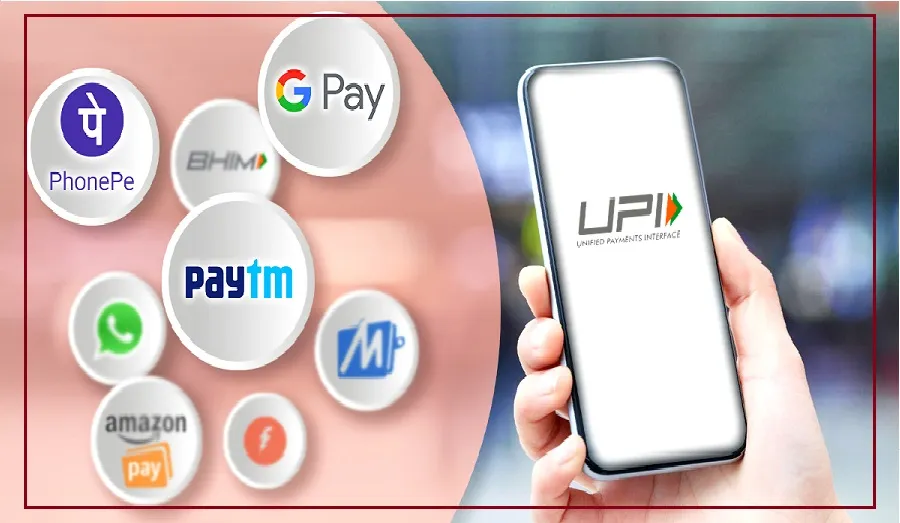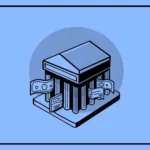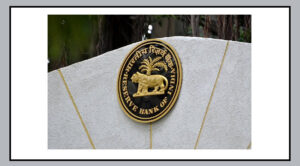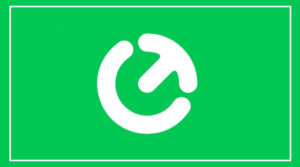Reserve Bank of India (RBI) Governor Sanjay Malhotra has confirmed that there will be no charges on UPI (Unified Payments Interface) transactions.
This announcement gives relief to millions of digital payment users, as UPI is the most popular and fastest-growing payment method in India.
Malhotra clarified that the RBI has no proposal to impose fees, and both the government and RBI want digital payments to remain free and easily accessible for now.
He did mention that UPI has operational costs, and it may not always remain free, but currently no such change is planned.
Earlier, a reduction in government subsidies in the budget had raised speculation about possible charges on UPI, but the RBI has dismissed those concerns.
RBI’s Other Proposals
Along with the UPI update, the RBI is also considering a new measure for loan security.
Banks may be allowed to digitally “lock” mobile phones purchased on loans if a customer fails to pay EMIs.
This step would protect financial institutions but needs careful review to balance consumer rights and privacy.
Deputy Governor M. Rajeshwar Rao said that a decision will be taken only after studying both the pros and cons.
Boost to Digital Payments and Economy
The RBI believes that keeping UPI free will encourage more people to use digital payments and ensure financial inclusion across all sections of society.
At the same time, technological improvements will help make the system more stable and secure.
In its monetary policy review, the RBI projected GDP growth to rise to 6.8% in 2025-26, while inflation has come down significantly. This shows India’s economy is growing strongly.
The announcement also had an immediate market impact—Paytm’s stock surged after Malhotra’s clarification.
For users and companies in the digital payment sector, this confirmation means UPI transactions will remain free and accessible.

























